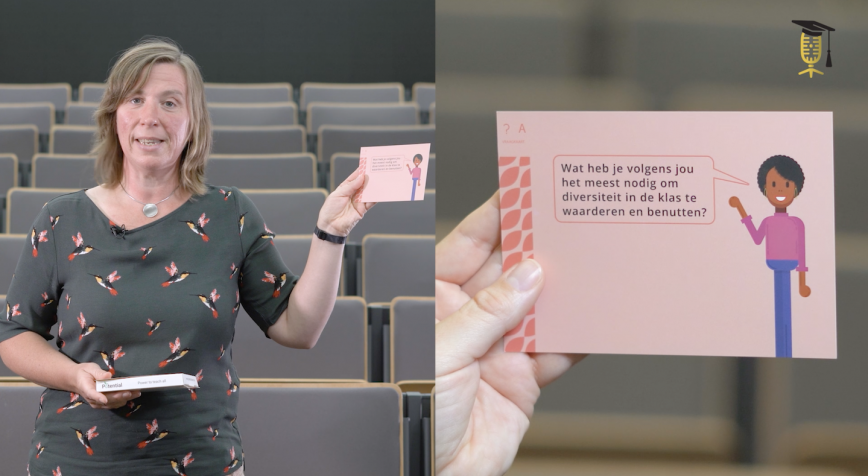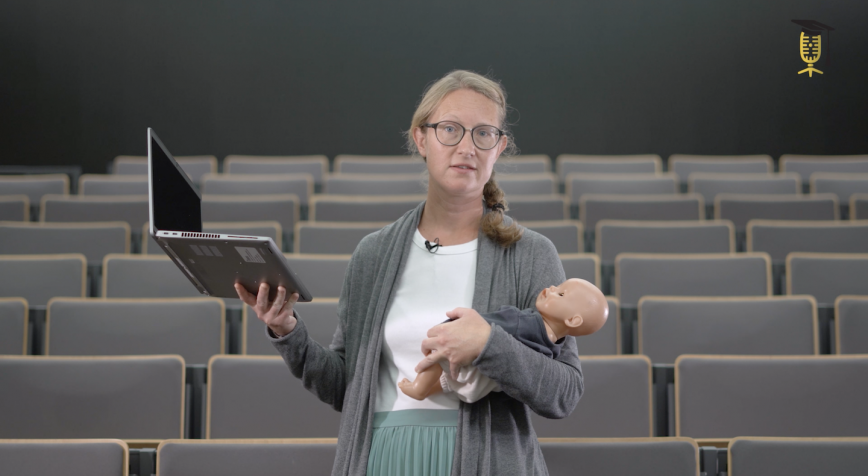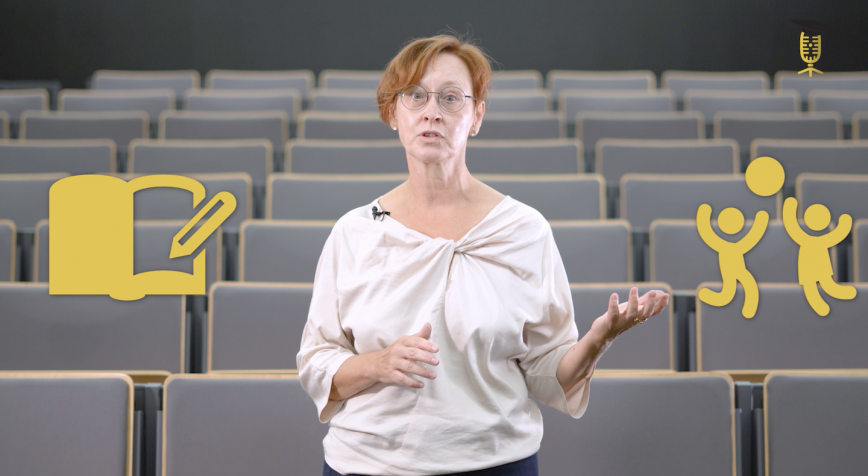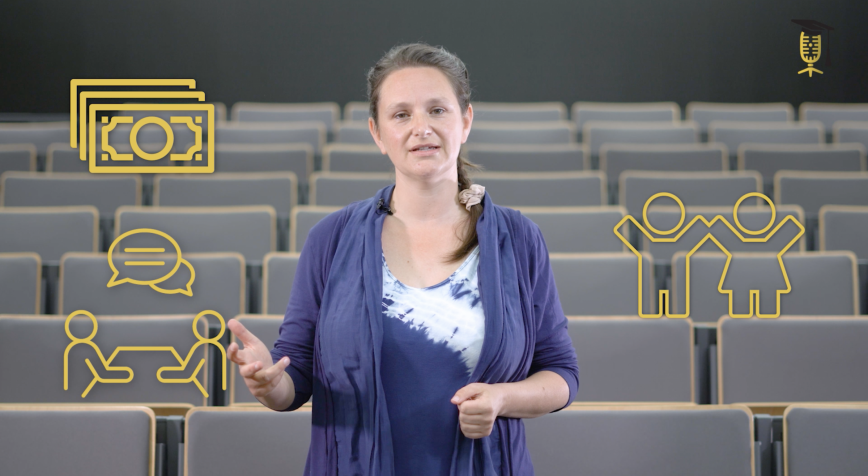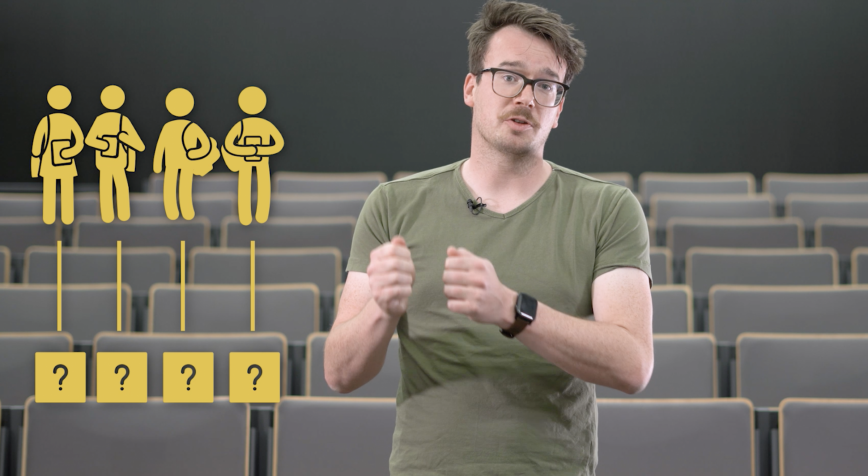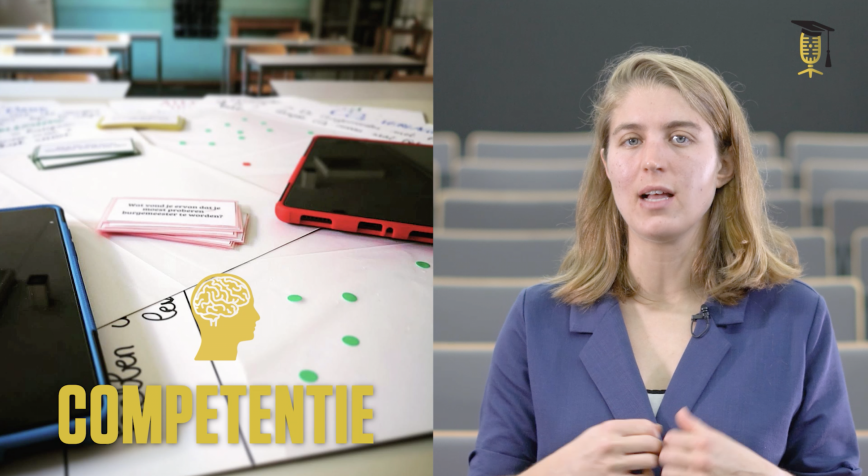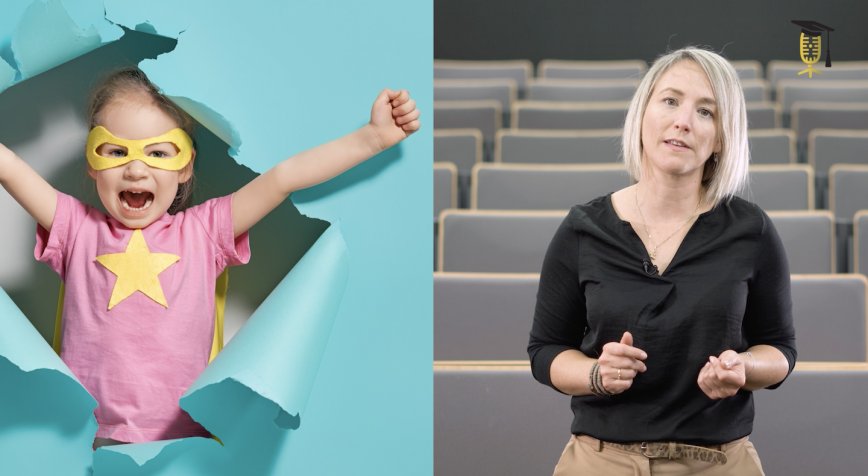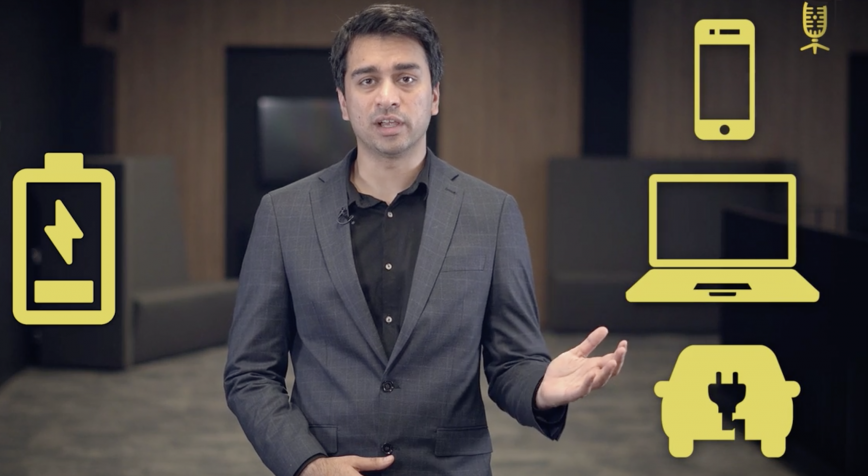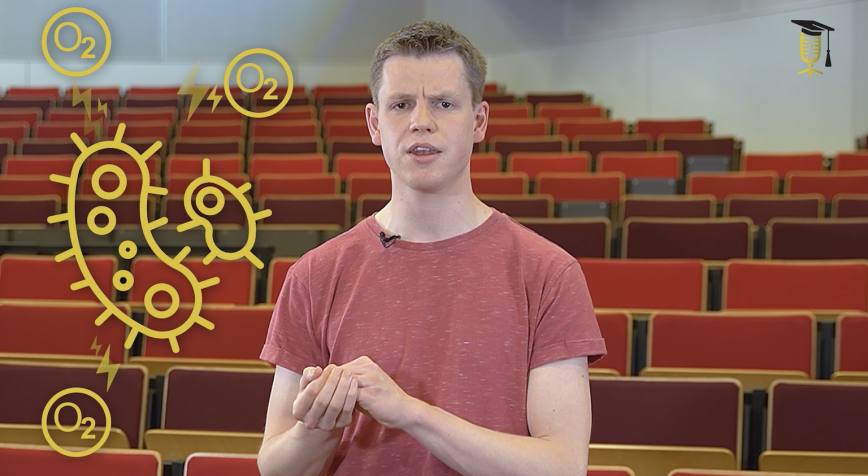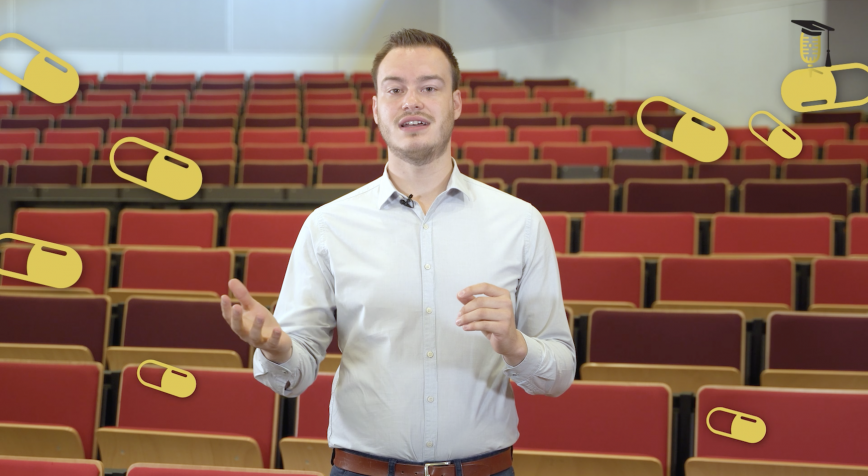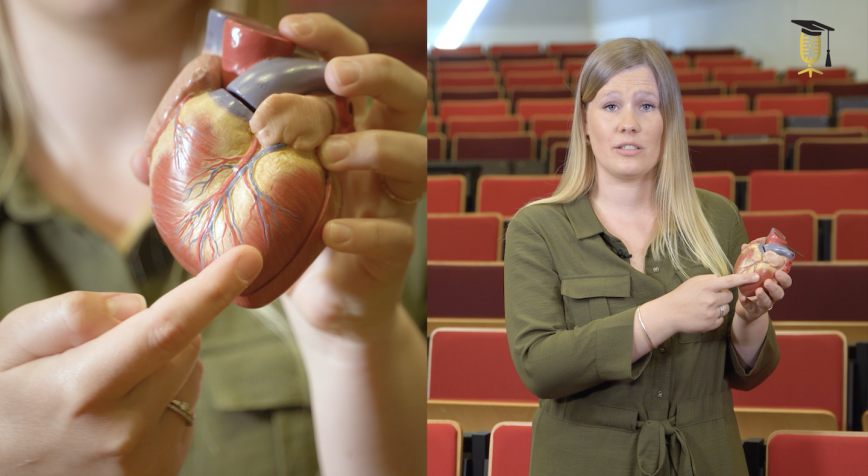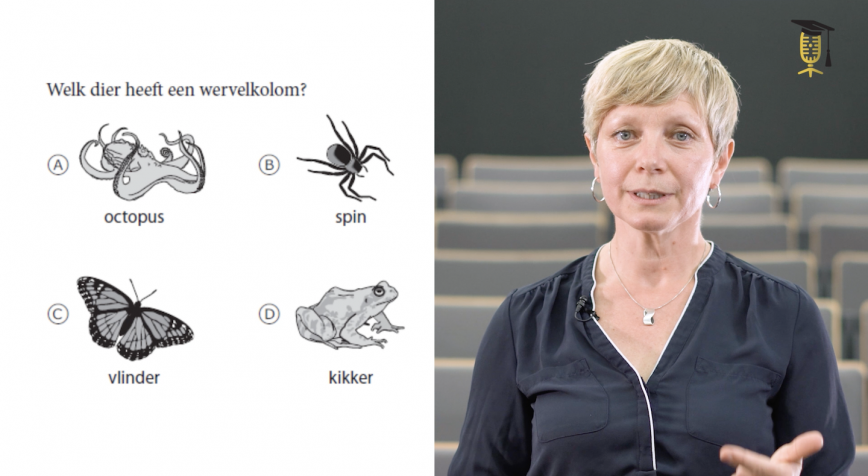
Arteveldehogeschool
Let's bring our mathematics and science education back to the top of the world!
In the not-so-distant past, Flemish mathematics education was at the top of the world. Unfortunately, in recent years we have seen a negative trend. Bea Merckx and her colleagues want to help turn the tide. Thanks to their research, as a teacher you are only a few mouse clicks away from a more varied and deeper mathematics and science education!
